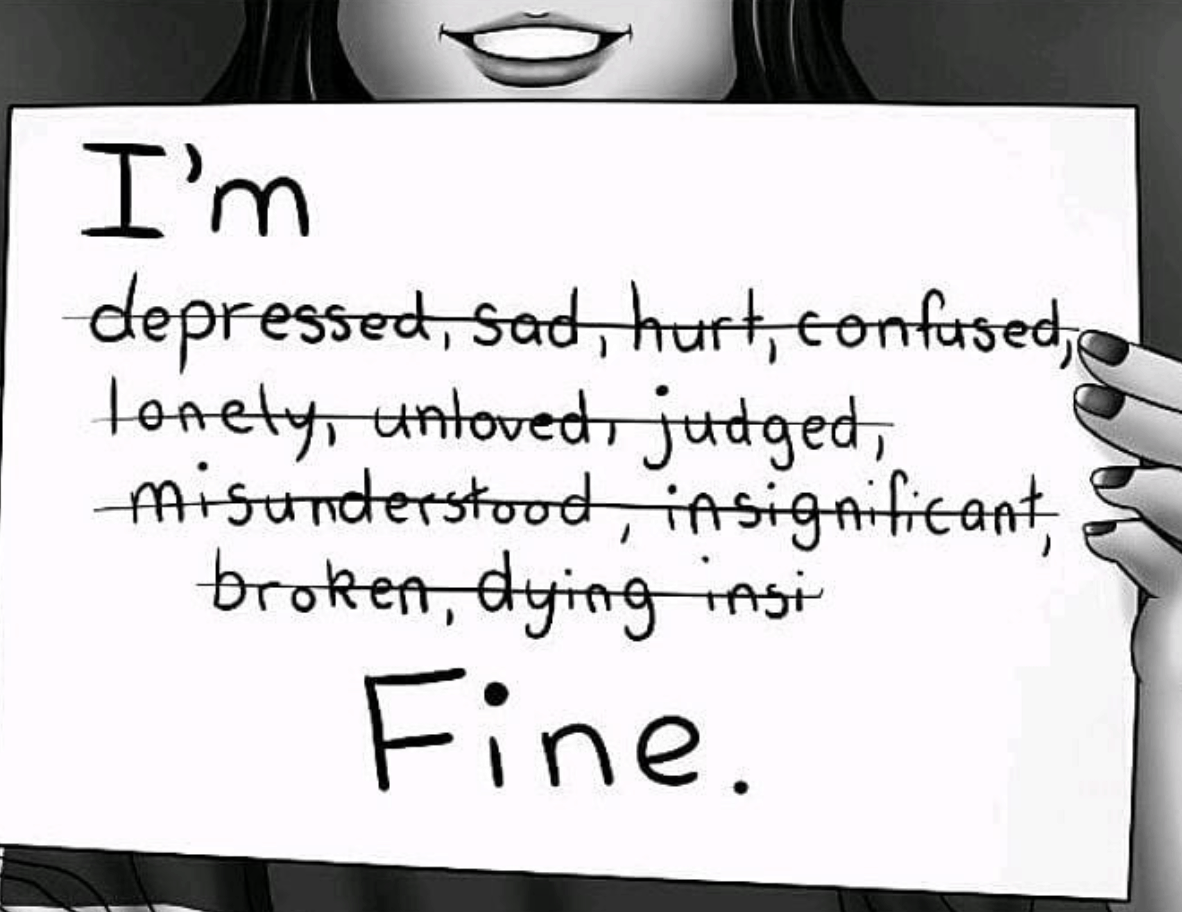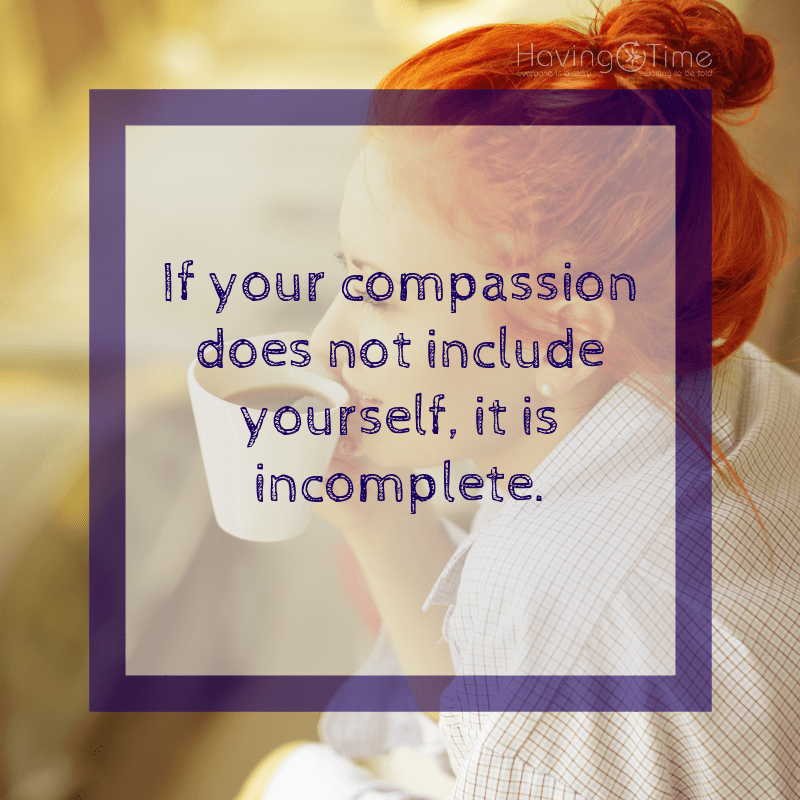“Routine, in an intelligent man, is a sign of ambition.” – W. H. Auden
Tim Ferriss believes that morning routine should be strictly followed, to avoid wasting time thinking. He shared time in again that “in the morning and elsewhere, the more constraints I can create where I fly on autopilot and get a result I need or enjoy, the more horsepower, the more calories I have to allocate to being creative, and to doing things where thinking should actually be applied.”

I’m all up for a morning routine, in fact, I have a really good one: I meditate, I walk in nature, plan my day – it leads to a focused, productive day. If anything, it’s my consistency in the morning that now helps me be the best me.
I wasn’t always this way, and for years I couldn’t get my morning routing together. I learned Transcendental Meditation when I was 26 and promptly dropped it after six months, only to recently learn again 24 years later.
I’m sure you’ve heard of the benefits of setting up a morning routine that serves, well, what if you’re that person, yes you! The one that jumps out of bed running and has no time whatsoever for the morning let alone a routine! How do you stop yourself from being on the verge of a nervous breakdown and entirely out of flow with the source?
Firstly, let’s talk emotional core and the importance of it
In my 20 years of working on myself and with others as a therapist, I’ve noticed one of the most significant issues we all face, is around our worthiness to be loved.
Love is your source nature; it’s your natural calibration with the universe and your purpose here on earth. Yes, every person on the planet has an individual purpose, but our collective purpose is love. To be your unique expression of love. To experience love and to create an expansion of love on our planet.
You have to love yourself more!
When you have a strong emotional core, you’re firmly rooted in love for yourself and others. Most people, myself in the past and especially the beautiful souls that come to my coaching practice, are looking for love outside of themselves. This external focus on love keeps us rooted in a dysfunctional emotional core.
Let’s go a little deeper.
Do you remember THAT onion analogy, where you peel through the layers of an onion to get to the core of the problem?

The first layer of your onion might say, “I’m okay, I can do everything myself,” and your behavior is such. Underneath that layer though are feelings of exhaustion and sadness because inside you feel “no one’s here to help me.” If you were to peel back another layer, it might reveal the thought, “No one supports me” and underneath this layer, a feeling of deep isolation. At the very core of the problem is the belief “I’m alone in the world.”
Now, if this were you, you might be aware that you feel a sense of pride that you do everything for yourself and on the surface, you’re okay with it. You might have learned as you were growing up, that it’s a good thing to be self-sufficient and although it is, it can also be pretty lonely, and other people might experience you as unapproachable, picky and that you don’t need any support or help from them as you’re so together! A self-fulfilling prophecy!
Even though on the surface you’re proud of yourself for being self-sufficient, at a deeper level you feel this sadness because you don’t ask for help and on an even deeper level you’re actually afraid to ask for help because you think people will see you as weak and deep down you believe they’ll leave or reject you.
That’s the onion effect at work. Now let’s turn this around!
The secret to living from your power is to love yourself more and to be in the habit of being centered in your emotional core, where you are grounded and rooted in your source, Love. This emotional core supports, nurtures and fosters your expansion and growth in the world.
From the onion analogy, your emotional core would look like this:
I am love. This gives rise to a layer of trust and belief “I am here to be loved and to let people love me,” and this opens up to a layer of: “others are here for me and I can let them into my life’ – which reveals another layer of: ‘I can ask for support and help” and thus a feeling of being nurtured, supported and loved occurs.

To develop a deep and robust emotional core we need to focus our attention on our worthiness for love. If we don’t feel worthy of love, this will play out in our lives by saying yes when we want to say no, by putting other people’s needs before our own, by being afraid to express our truth because we think people won’t accept us.
A strong emotional core is rooted in a deep connection with yourself and the ability to communicate to yourself what you need. Hence why people have a morning practice. Try these steps:
1. Practice checking in with yourself during your day
Like when you’re standing on the underground, silently ask yourself “How are you feeling?” Wait… listen… and acknowledge yourself “I can see that you’re feeling x, y or z.”
The important part is not just checking in; it’s acknowledging yourself. So often we’re looking for external validation because we do not do this for ourselves.
Check in with yourself again at lunchtime, even if it’s silently in your head when you’re in the queue in your local coffee shop, and then again on the underground on the way home.
We talk to ourselves all the time, if you can focus yourself with a question that is centered around loving yourself more, it will help you to create more love. Do this three times a day when you’re on the go, and you will start to notice a difference.
2. Practice checking in with yourself for a week
On the second week, after you’ve checked in with what you’re feeling, ask yourself, “What do you need?” Do the same as the above, but after you’ve acknowledged your feelings, ask
“What do you need, honey?”
It might sound like this…
“What are you feeling? I can see you’re feeling x,y,z” and then you say “What do you need?” take a moment to acknowledge your needs.
“I hear you; I can see you need x,y,z.”
The number one benefit to doing this practice is because you start to connect and validate your feelings and to develop a healthy relationship with your needs. (In other words, you love yourself more!).
3. Stop over-compensating
When we’re externally focused for validation of our worthiness for love, we spend a lot of time overcompensating in relationships. We do this by not setting healthy boundaries with other people; we say yes when we want to say no. We feel that we lack in some way, so we take on more projects, we over deliver, overbuy and feel we’re not good enough and try to compensate for the perceived lack. It might show up in your relationships by always doing more, investing more time, energy and love and not receiving any in return.
Take the time to cultivate new ways of relating that honor your worthiness. Do this based on step 1 & 2 above.
When people ask you if you can do something for them or if you can take on a task, breathe and say “let me think about it or check my diary and I’ll come back to you” – give yourself the time to reflect and see if it fits in with your remit (job role, etc.), if it’s how you want to spend your time, or if it is going to be something you would love to do.

In all honesty, in a perfect world, you would do the above process in silence in your morning meditation. If your current mindset is that you don’t have time, then it’s better for you to build a habit of connecting to yourself when you do have time on the go.
Connecting with your feelings and needs will help you to develop and strengthen your emotional core, and in a short while, I bet you will love yourself more and create time for an optimal morning routine.
photo source | pexels + giphy

